Team
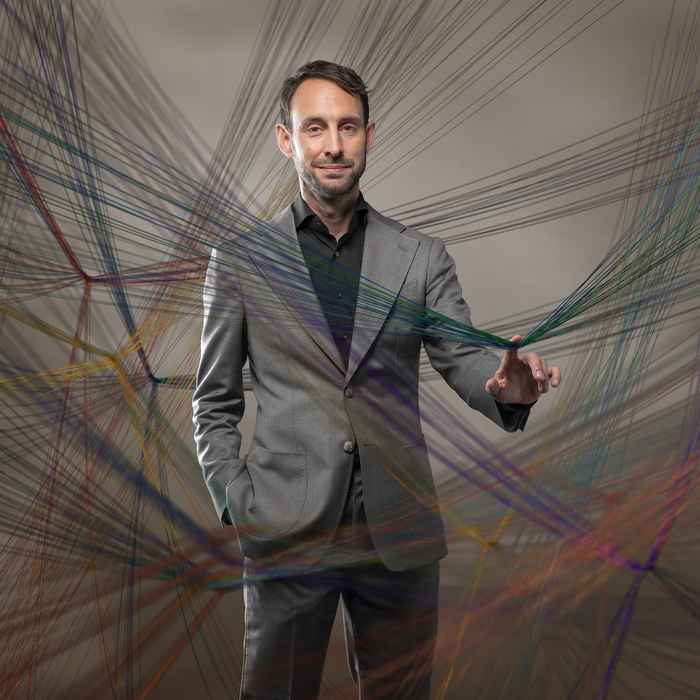
Peter van Dam, Faculty of Humanities
'Can a society change as suddenly and dramatically as the climate? Can we anticipate such change?'
-
Bio Peter van Dam
Peter van Dam is a Professor of Dutch History at the UvA. Central to his research is the question of how people in the past have tried to make the world more sustainable. He examines all kinds of social initiatives that sought to initiate change, such as the trade union movement, fair trade, environmental activism, and church actions.
Especially when it comes to sustainability, Peter finds it crucial to collaborate across the boundaries of different disciplines. This is why he took the initiative to combine humanities research with education on the environment and climate. This same conviction is what drives him to represent the Faculty of Humanities in SEVEN.
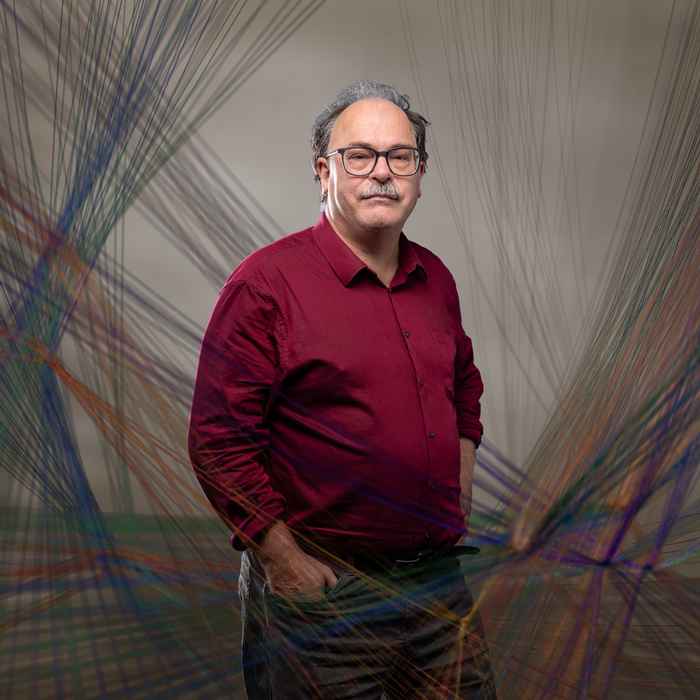
John Grin, Faculty of Social and Behavioural Sciences
‘We need to start thinking in a more contextualised way. Thinking in terms of universal solutions that can be rolled out anywhere is precisely the problem, not the solution.’
-
Bio John Grin
John Grin is a Professor of Policy Science at the UvA and one of the founders of transition thinking, which, starting in The Netherlands, has really taken off. Now that sustainable economies and societies are no longer just futuristisc vistions but concrete projects that are actually being built, he is delighted to see more and more of his research being applied in practice.
John always works ‘on the skin of reality’, as he like to call it, and invariably at the intersection of science, technology, society and politics. For instance, he was one of the initiators of the Dutch Knowledge Network on System Innovations and Transitions, which has since grown into a large, international network. It has led to a new journal and to the foundation of Urgenda, a Dutch NGO which became world-famous when it sued the Dutch state for not reducing greenhouse gas emissions.
Within SEVEN, John is particularly concerned with the development and application in interdisciplinary projects of systems thinking, the method underlying transition thinking.
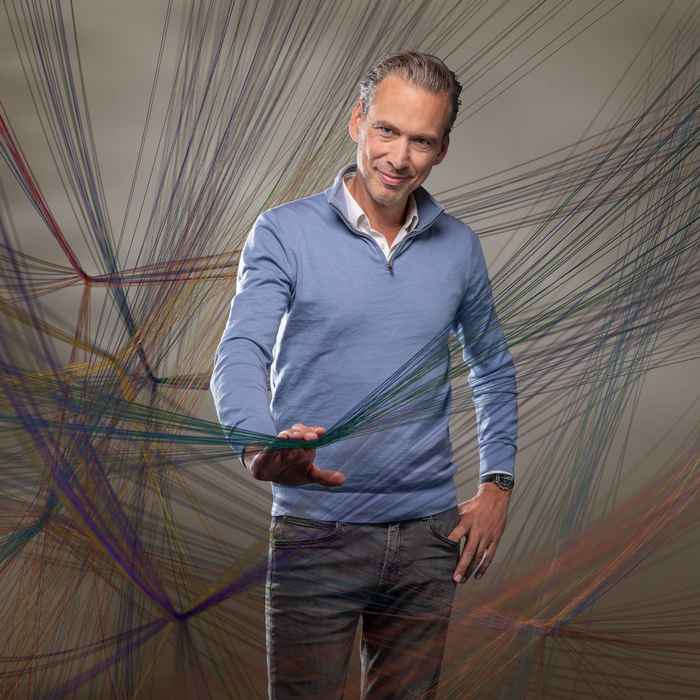
Frenk van Harreveld, Faculty of Social and Behavioural Sciences
‘For a very long time, climate change felt psychologically distant. That's a problem because things that are psychologically distant have little or less impact on our behaviour. The challenge facing behavioural scientists like me is to bring climate change psychologically closer.’
-
Bio Frenk van Harreveld
Frenk van Harreveld is a Professor of Social Cognition and Behavioural Influence in Relation to Sustainability and Safety at the UvA. The question of how people deal with uncertainty – especially in relation to climate change – and the extent to which they trust both experts and non-experts who communicate about it, is the common thread in all his work. He thereby provides insights into the complex interplay of the psychological drivers behind sustainable behaviour. He applies these insights by developing interventions that encourage sustainable choices.
Frenk’s involvement in SEVEN as a co-founder is a logical consequence of his broad experience in conducting research across the boundaries of various scientific fields and in collaboration with all kinds of external public and private parties.
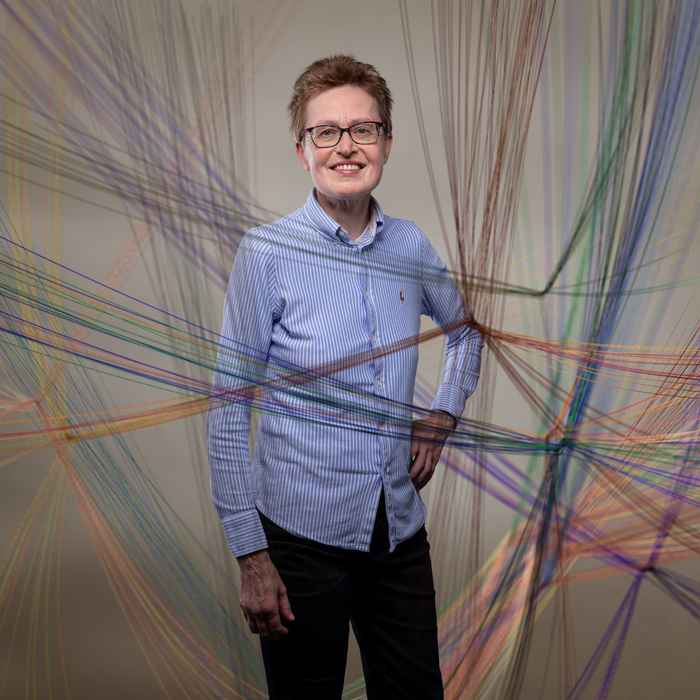
Ans Kolk, Faculty of Economics and Business
‘Although the need for climate action has long since ceased to be denied in business, we still see a lot of passivity, “muddling along” or even opposition. Although, in hindsight, organisations often say they would have been better off starting the transition earlier. Our knowledge can make a major contribution to this.’
-
Bio Ans Kolk
Ans Kolk is a Professor of Sustainable Management at the UvA. She has spent her entire career researching how companies deal with climate change and other social issues, their drivers and barriers to (in)activity and the role of internal and external stakeholders in it. She is an internationally recognised forerunner in this field. For Ans, interdisciplinary collaboration is essential for research, education and societal impact, and she has done so from the beginning – whenever possible – even when complex.
As a co-founder, she sees in SEVEN a unique opportunity to bring all fields of knowledge together, precisely because of the breadth of the UvA. Within SEVEN, Ans is particularly concerned with making the healthcare sector more sustainable and examining how new digital technologies can contribute to climate solutions, keeping all possible drawbacks in mind.
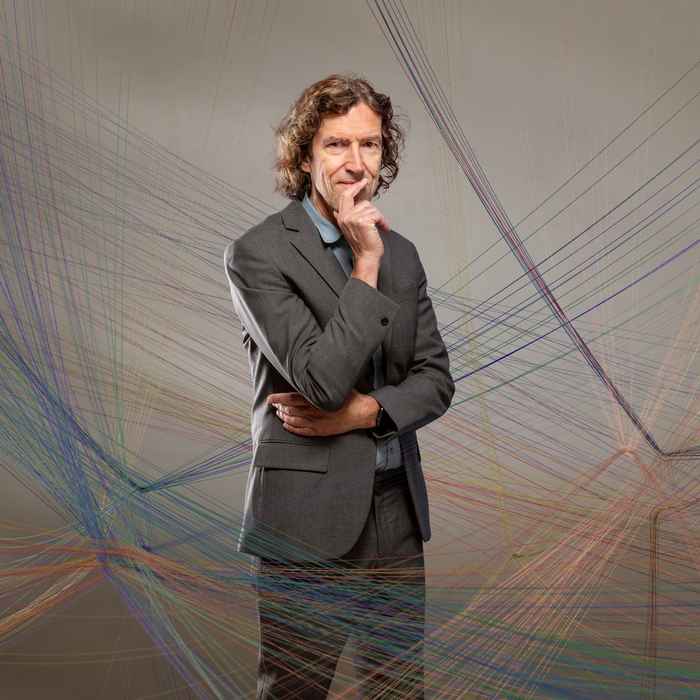
André Nollkaemper, Amsterdam Law School
‘With its unique combination of disciplines and strong social commitment, the UvA is pre-eminently the place where we can contribute to solving complex climate problems.’
-
Bio André Nollkaemper
André Nollkaemper has been dedicated to the international legal protection of oceans, freshwater, biodiversity and climate systems for over 30 years. His scientific work focuses mainly on the complexity of problems such as climate change caused by a very large number of states, companies and individuals. When such problems occur, who is responsible for solutions and who can be held accountable for damage to people, societies and the earth?
André initiated the foundation of SEVEN in 2024 to find answers to these questions and, more generally, to create the systemic transition needed to mitigate climate change, by using the knowledge from all relevant disciplines. To enable him to do this, the UvA has appointed him University Professor of International Law and Sustainability with effect from 2024. André chairs the SEVEN Team.
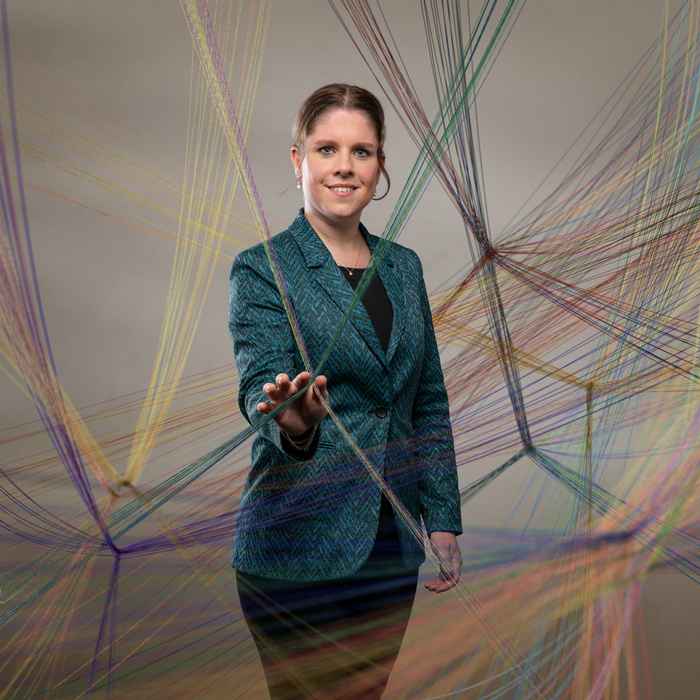
Catherine Volgenant, Faculty of Dentistry
‘There needs to be much more knowledge and awareness in oral health care of its impact on the environment and climate.’
-
Bio Catherine Volgenant
Catherine Volgenant is a dentist and an Associate Professor at the Academic Centre of Dentistry Amsterdam (ACTA). She is one of the few people worldwide who are engaged in sustainability research within oral health care. With the outbreak of the Covid pandemic, she was struck by how big the ecological footprint was of all the extra infection prevention measures was, and she and a colleague decided to research the factors that make it easier or harder for Dutch dentists to work more sustainably. One of the conclusions was that women in the profession feel a greater responsibility for the well-being of the earth than men.
Within the climate programme, Volgenant wants to initiate more research into the impact of various oral care components on the environment. She also wants to put this topic in the spotlight at ACTA.
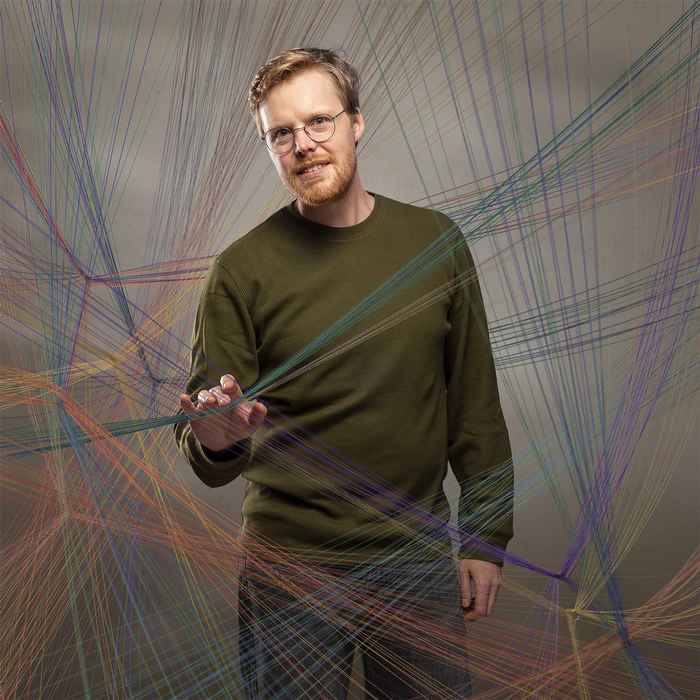
Niek Sperna Weiland, Faculty of Medicine
‘Thinking about healthcare within a university-wide institute hasn’t happened anywhere so far. With SEVEN, the UvA has really founded a unique initiative.’
-
Bio Niek Sperna Weiland
Niek Sperna Weiland is an anaesthesiologist at Amsterdam UMC, a pioneer in the field of making healthcare more sustainable and the figurehead of the movement advocating the replacement of anaesthetic gases with less harmful agents administered by infusion. Anaesthetic gases are harmful because they are very powerful greenhouse gases. Thanks in part to him, Dutch teaching hospitals have already reduced the carbon footprint of anaesthetic gases by seventy-five percent.
For Niek, anaesthetic gases symbolise a larger problem; the Dutch healthcare sector is responsible for 7% of the national climate footprint, but is often exempted from climate laws and regulations. Through his work, he hopes to show that there are also many gains to be made here without compromising the quality of care.
His ambition for SEVEN is to use the imagination of the whole group to arrive at a model of the healthcare system in 2050. They will then have to reason backwards and think about what steps are needed to make that happen and how these choices can already be underpinned by scientific knowledge. He estimates needing about five years for vision, roadmap and some case studies, and then being able to implement the interventions in all care units around 2030.
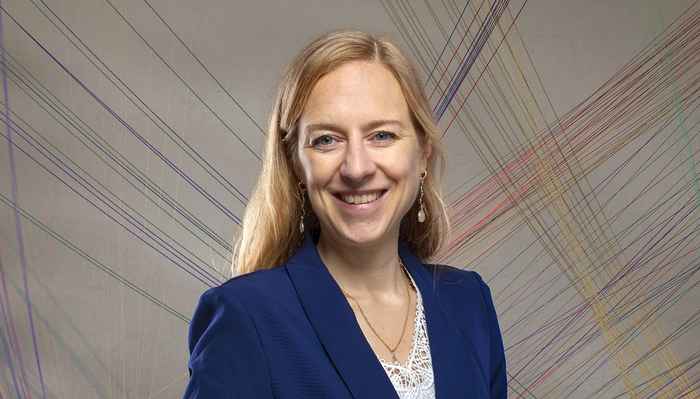
Margaretha Wewerinke-Singh, Amsterdam Law School
‘Those with the least power and resources – young people, indigenous leaders, local communities – show the most vision and decisiveness in addressing the climate crisis.’
-
Bio Margaretha Wewerinke-Singh
Margaretha Wewerinke-Singh is an Associate Professor of Sustainability Law at the University of Amsterdam. Climate, nature, human rights and justice are themes close to her heart. Her research focuses on the role of law in promoting – or hindering – an effective and just transition to sustainability.
She combines her academic work with international advocacy, driven to achieve global systems change. For example, she represents the Pacific island state of Vanuatu in its landmark climate case before the International Court of Justice in The Hague, arguing for legal recognition of climate responsibility.
Within SEVEN, Margaretha leads initiatives that connect legal perspectives with other disciplines to address climate change holistically. She designs and implements interdisciplinary research projects and educational modules aimed at equitable and sustainable solutions. She promotes collaboration between scientists, policymakers and communities, and is committed to making legal knowledge accessible to broader climate initiatives.
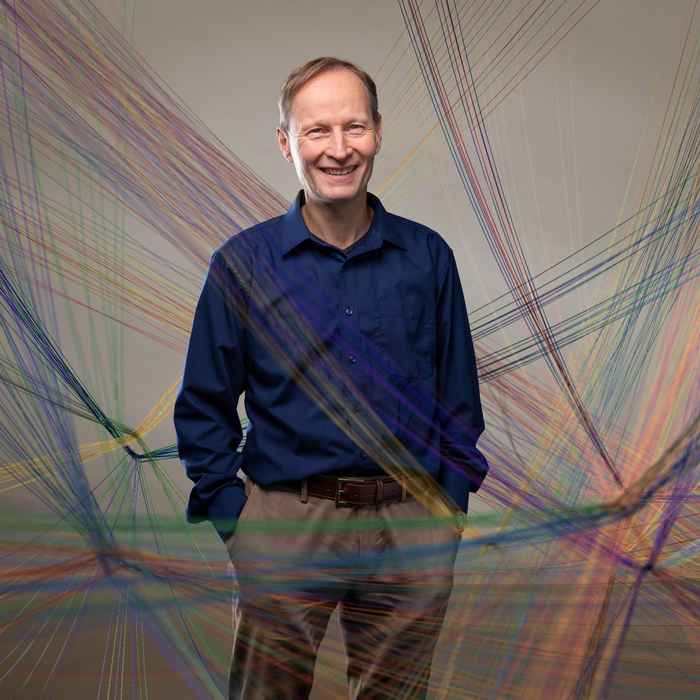
Bob van der Zwaan, Faculty of Science
‘For me, the younger generation is one of the rays of hope, because they are often so much further ahead than mine in understanding the climate crisis and going for change. We should make use of their optimism and enthusiasm!’
-
Bio Bob van der Zwaan
Bob van der Zwaan is an Endowed Professor of Sustainable Energy Technology at the UvA and Principal Scientist at TNO. His research focuses in particular on the much-needed energy transition to meet the internationally agreed climate goals of the Paris Agreement. As a physicist, he applies multidisciplinary methods, believing that only the combined insights of all 7 UvA faculties can lead to adequate and efficient solutions. Convinced that there is no substitute for optimism, his focus is on concrete contributions. His motto is, ‘we have to manage the unavoidable and avoid the unmanageable’.
Within SEVEN, Bob is responsible for connecting the natural sciences with all other disciplines to arrive at an understanding of climate issues and the solutions needed. He conducts techno-economic research on both low-carbon energy carriers and options to realise negative emissions. All these technologies and options will have to play a role in future energy systems jointly and in an orchestrated fashion, to provide humanity with affordable, clean, safe and reliable energy for all, in the most equitable way possible for all.